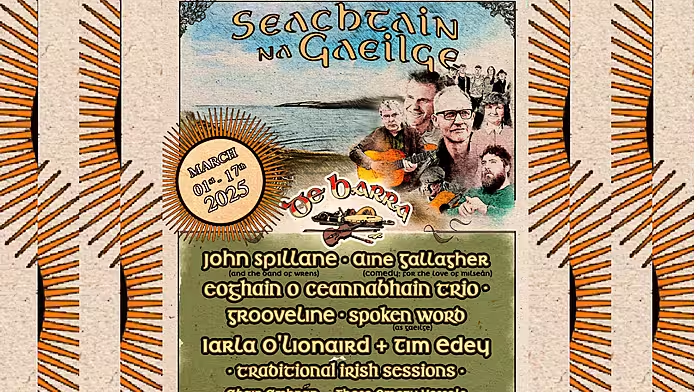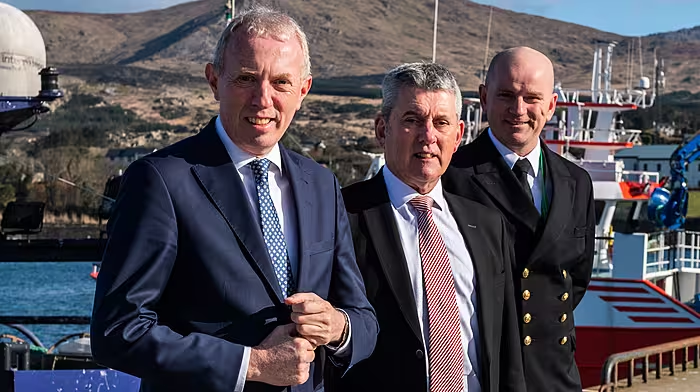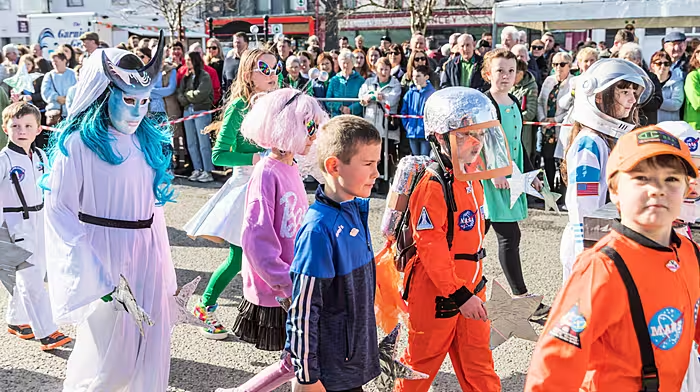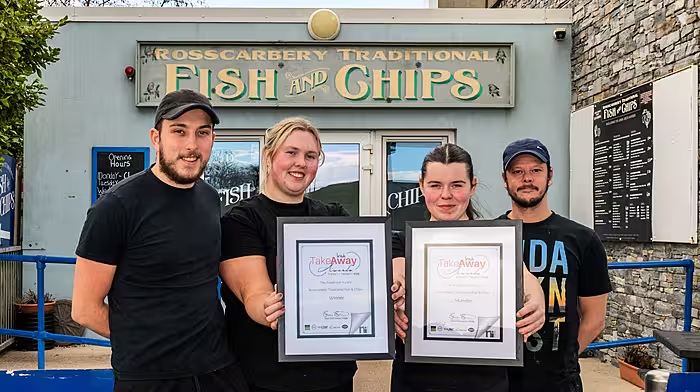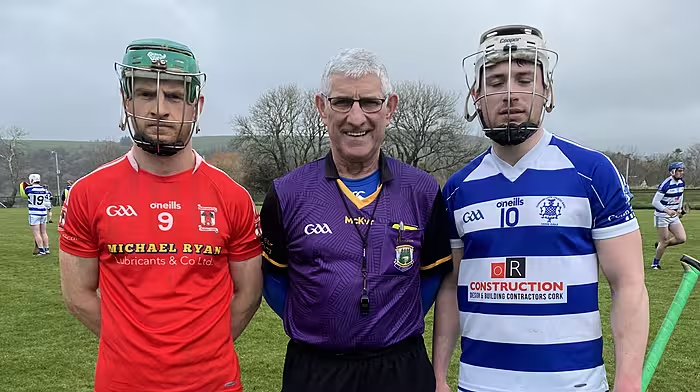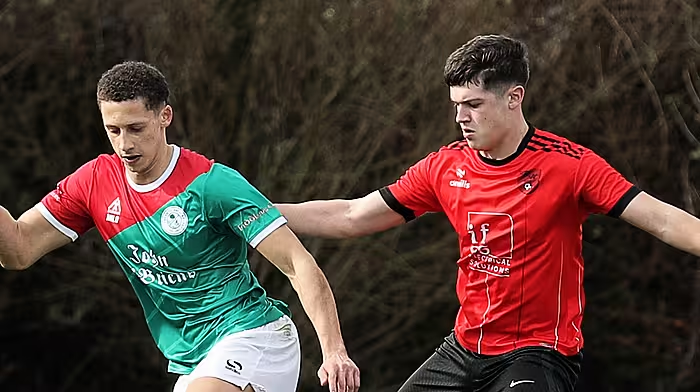AFTER months of speculation and anticipation, the general election has – at long last – been called and the gloves are off as all the parties and the independent candidates vie for the reduced number of 157 seats on offer, Ceann Comhairle Sean Barrett automatically retaining his seat as compensation for all the grief he had to endure from noisy TDs over the past five years during the lifetime of the 31st Dáil.
AFTER months of speculation and anticipation, the general election has – at long last – been called and the gloves are off as all the parties and the independent candidates vie for the reduced number of 157 seats on offer, Ceann Comhairle Sean Barrett automatically retaining his seat as compensation for all the grief he had to endure from noisy TDs over the past five years during the lifetime of the 31st Dáil.
With just over the minimum required 21 days’ notice given, it certainly makes for an intensive three-week campaign – the shortest possible – as the government parties seek to minimise the amount of flak they will be shipping from opponents leading up to polling day. Fine Gael and Labour will be hoping that the huge improvement in the economy since this time five years ago will be enough to sway voters to give them a further mandate to build on this, but there is a lot of discontent out there also as the recovery has not been felt by everyone to the same extent.
The main parties’ primary aim will be to win enough seats in this intriguing contest to be in a position to lead a government, seeing it is highly unlikely that any one of them will garner a sufficient amount to form a majority government on their own. Several parties have declared that they would not coalesce with certain other ones under any circumstances, however history has shown that such vows are often conveniently broken after an election and the strangest of party bedfellows have ended up forming coalition governments together.
Unfortunately for them, some of the smaller parties who have gone into coalition governments in recent decades have found themselves almost devoured by the bigger ones, mostly ending up as the scapegoats for the things that went wrong. The Progressive Democrats were wiped out, as almost also happened to the Green Party after the last election, while the Labour Party has been struggling in the opinion polls throughout the lifetime of the current government with senior partner Fine Gael taking most of the kudos for what has been achieved.
If the current opinion polls prove anywhere near accurate, Fine Gael and Labour will not end up with the requisite 80 seats between them to form another government, so the net will have to be cast wider by the party with the most seats and this should prove interesting in the aftermath of the election. However, the main contenders will have to get themselves into pole position first by winning enough seats to stake their claim to be the ones to form a government.
Fine Gael are hoping their unspectacular but steady hand at steering the economy out of the mess they inherited, combined with the giveaway Budget 2016, will convince voters that they are worth another term in office, however their handling of water charges, the Garda whistleblowers affair and failures on political reform – not to mention the crises in social housing and public health care – does not inspire confidence. The Labour Party will get some recognition for pushing the marriage equality referendum and action on climate change, but it will hardly be enough to boost their electoral fortunes.
Fianna Fáil will be trying to get back in from the political wilderness after the trouncing they took at the 2011 general election and will be hoping the electorate still sees some value in them. Given the low base they are coming from, they are bound to gain some seats, but hardly enough to lead a government and – failing that – they need to hold on to the mantle of main opposition party as Sinn Féin are snapping at their heels with good showings in the opinion polls, but the latter needs to translate these into extra Dáil seats.
Given recent trends, especially at the 2014 local elections, the number of independent TDs could be added to in the 32nd Dáil and some of Shane Ross’s Independent Alliance grouping could prove to be kingmakers. New parties like Ré Nua and the Social Democrats will make a relatively minor impact, but could still end up holding the balance of power, while the smaller left-wing parties and groupings will damage Labour and Sinn Féin in less-affluent urban areas.
Another interesting outcome to watch for in the upcoming general election is how many female candidates are elected. Women must constitute a minimum of 30% of parties’ candidate selections, but will they win that percentage of the available seats?
For the 2011 general election, there was a big turn-out of angry voters determined to turf Fianna Fáil unceremoniously out of office after 14 years in power. However, promises of political reform and an end to cronyism were not delivered on by the Fine Gael-Labour Party government, leaving a lot of people disappointed with them and this could well lead to some voter apathy on polling day.
What the country needs to complete its economic recovery properly is political stability, but with all the possible permutations and combinations the forthcoming election could throw up, this may be easier said than done.




